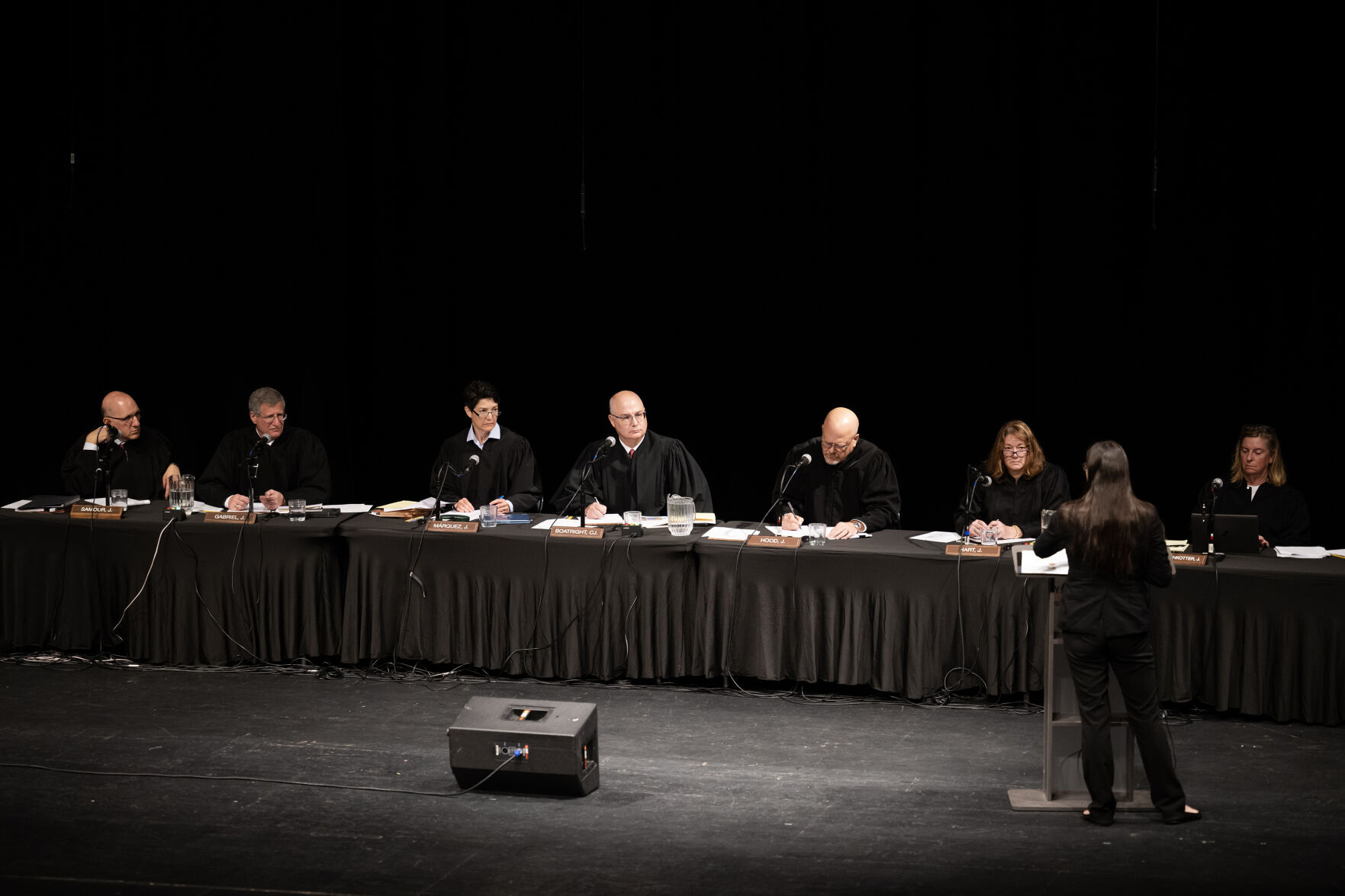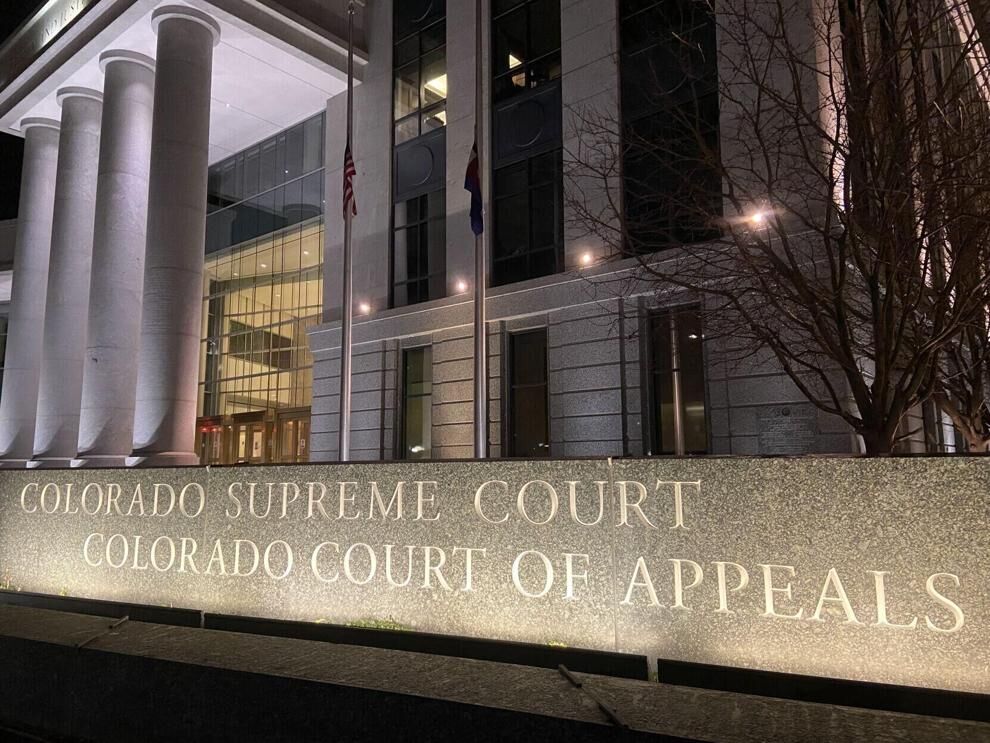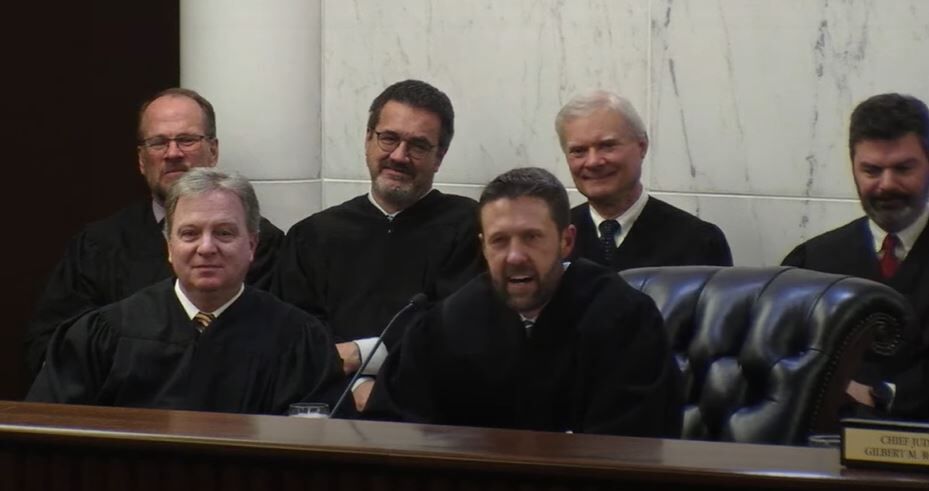Appeals judge trains fire on Colorado Supreme Court’s landmark restitution ruling

One member of Colorado’s second-highest court has mounted an unusual effort in recent weeks to broadcast his dissatisfaction with a state Supreme Court decision that resulted in scores of financial restitution orders to crime victims being overturned on appeal.
In Colorado, when a convicted defendant is required to pay restitution, prosecutors typically must provide the requested amount by the time of sentencing or within 91 days of sentencing. Judges must also impose the restitution amount within 91 days of sentencing. If judges need to extend either deadline, they must find good cause exists.
In a major decision, People v. Weeks, the Supreme Court ruled in November 2021 that judges’ typical process of awarding compensation to crime victims did not comply with state law. The justices noted a lackadaisical approach had taken hold in the trial courts that neglected the clear deadlines and procedural requirements. Consequently, if trial judges fail to follow the law, they lose authority to issue a restitution order.
Since then, the Colorado Attorney General’s Office has argued the Supreme Court did not necessarily mean what it said. The government has tried to persuade the Court of Appeals, largely unsuccessfully, that non-compliant restitution orders should not be vacated outright, but evaluated instead for any harm to the defendant.
A pair of concurrences
Then, in February, one of the 22 appellate court members signaled his agreement with that view.
“The question would simply be whether the defendant was substantially prejudiced by the court’s failure to order restitution within the deadline: was, for example, evidence favorable to the defendant lost or made unavailable to the defendant because of the delay?” wrote Judge Jerry N. Jones in a concurring opinion to the three-judge panel’s decision.

In an unconventional move, Jones subsequently issued another concurring opinion almost verbatim in a different restitution appeal last week. Both times, the panel vacated a trial judge’s non-compliant restitution order. However, Jones indicated he only went along with the decisions because he was obligated to apply the Supreme Court’s Weeks ruling – even if he felt the automatic reversal rule was flawed.
“I don’t feel free to apply this analysis in this case,” he wrote on March 14, because “we are bound to impose the remedy the supreme court applied in Weeks unless and until that court tells us that the error is subject to the ‘proper outcome-determinative test.'”
Robert Borquez, the attorney who successfully argued the Weeks appeal in 2021, believed Jones may be trying to get the Supreme Court’s attention and ultimately walk back the automatic reversal requirement for restitution orders that do not comply with the law.
“Although I certainly could be wrong, I don’t know if there is much appetite at the Supreme Court for doing so,” he said, noting the Weeks ruling was unanimous. “I imagine if his view were to start developing traction on the appellate court, the Supreme Court may end up having to address the issue if only to establish clarity by either accepting or rejecting it.”

Already, the government has seized on Jones’ criticism. Days before his latest concurring opinion dropped, the attorney general’s office appealed the February decision and referred repeatedly to Jones’ concurrence.
Through a judicial branch spokesperson, Jones declined to comment, citing the code of judicial conduct.
Appeals judges stick with Supreme Court’s orders
To date, Jones’ colleagues on the Court of Appeals have largely adhered to the Supreme Court’s conclusion that trial judges must order financial restitution to crime victims within 91 days of a defendant’s sentencing or else expressly find good cause to extend the deadline. Even while acknowledging the prosecution’s frustration, the appellate court has beaten back suggestions that it should read Weeks in a way that generally excuses non-compliance.
For example, the court was unswayed by the argument that Colorado’s restitution law should be “liberally construed” to ensure victims get compensated.
“While we recognize the persuasive force of this argument, the supreme court considered this legislative intent when it fashioned its holding in Weeks,” wrote Judge Craig R. Welling on March 7.
Similarly, the court has rejected the notion that a trial judge who neglects to order restitution during sentencing can go back and fix their mistake at any time.
“We do not think this is what the supreme court had in mind,” wrote Judge Karl L. Schock on March 14.

Finally, the Court of Appeals issued a precedent-setting decision in November rejecting the idea that it was even possible to do what the government suggested – evaluate the lack of harm to a defendant from a restitution order that does not comply with the law.
“We simply cannot see how such an order – entered without authority – can be said to have not affected (a defendant’s) substantial rights,” wrote Judge Ted C. Tow III.
Multiple district attorneys’ offices told Colorado Politics they have taken notice of the Supreme Court and Court of Appeals’ expectations and have adjusted their restitution procedures accordingly. However, Mesa County District Attorney Daniel P. Rubinstein said he would like to see lawmakers revisit the restitution deadlines to ensure fewer restitution orders to victims are overturned for non-compliance.
“One of the few tangible things that the criminal justice system can give to a victim is restitution, and the rigidity which is applied to the interpretation of the statutes has led to injustice,” he said. “I cannot fault any one law, or even judge, but would call on our legislature to statutorily loosen the requirements to give judges and lawyers enough time to properly sort out the complex issues and assure victims are made financially whole through the restitution process.”













